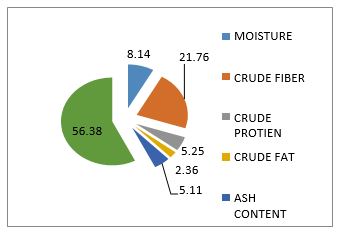Exploring the anti-hyperglycemic potential of Rosemary (Rosmarinus officinalis) tea in type 2 diabetic individuals
DOI:
https://doi.org/10.54117/iajnfms.v1i1.11Keywords:
Rosemary tea, Anti-diabetic, Type 2 Diabetes Mellitus,, Rosemary, HyperglycemiaAbstract
Rosemary (Rosmarinus officinalis) is a natural aromatic shrub that is rich in anti-oxidants including polyphenols and flavonoids. It may also improve other aspects of human health such as hyperglycemia, hyperlipidemia and brain-related disorders. For this purpose, characterization (proximate analysis and TPC) of rosemary leaves was conducted as a part of the study. Human efficacy was carried out on 30 diabetic individuals comprising The current study was carried out to explore the anti-hyperglycemic potential of R. officinalis) tea in type 2 diabetic females. Of 3 groups. G0 acted as a control group, G1 (4g/day) and G2 (8g/day) consumed rosemary leaves tea for 8 weeks. These individuals were assessed for their anthropometric measurements (weight, waist, hip and neck circumference), random blood glucose levels and fasting blood glucose levels before, during and after the study. The results were analysed and data obtained was subjected to statistical analysis. The results of the study showed that the effect of rosemary tea on FBG, RBG and anthropometry is significant. Therefore, the study concluded that Rosemary tea was effective against hyperglycemia in type 2 diabetic females.

Published
How to Cite
Issue
Section
License
Copyright (c) 2022 Safoora Zahid, Shanza Mukhtar, Minal Ali

This work is licensed under a Creative Commons Attribution 4.0 International License.
